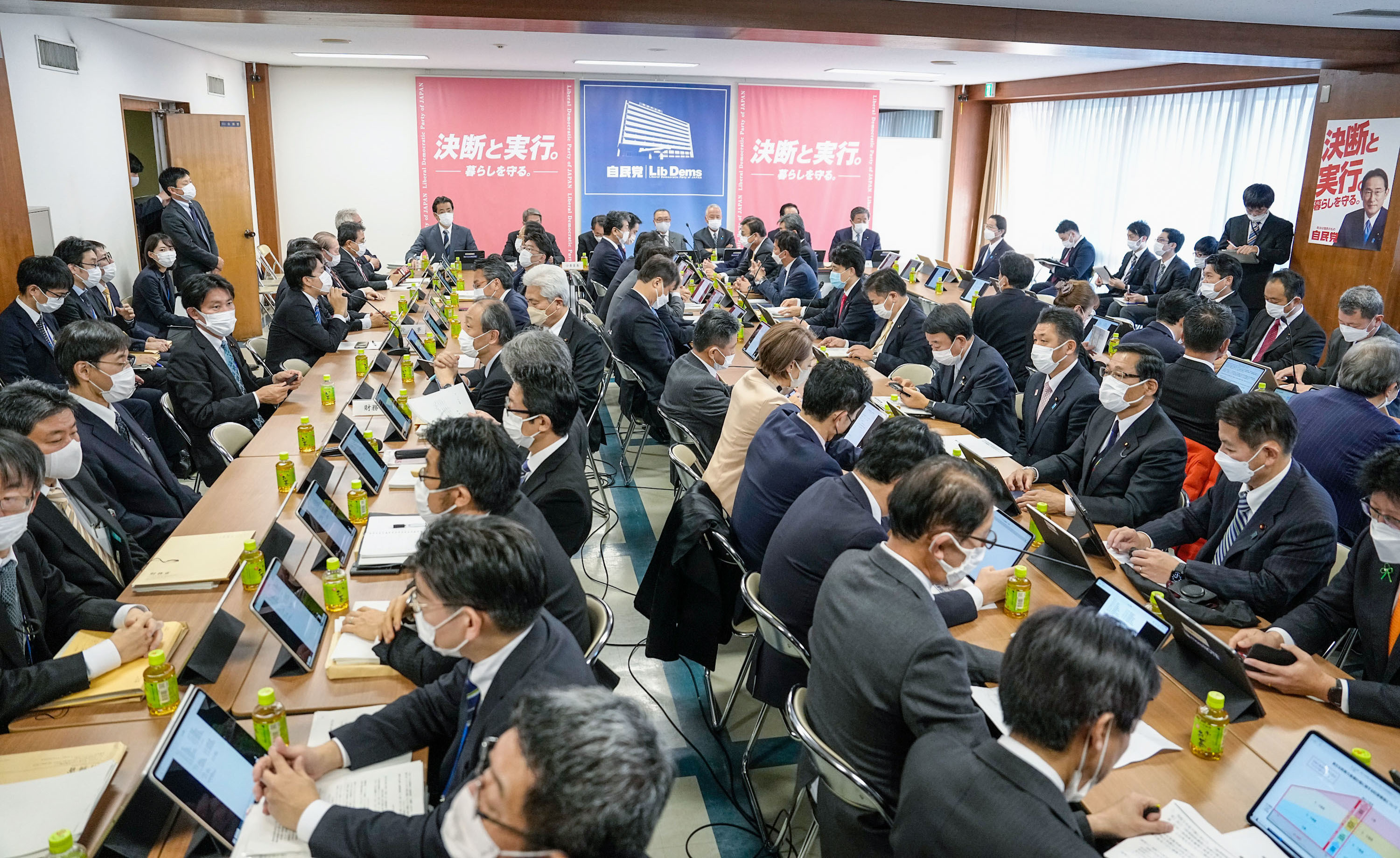- Working Paper
- Japanese Politics
Political Economic Transition and Output Loss: Evidence from Japanese Political Economy 1990–2005
December 18, 2020
TKFD Working Paper Series No. 20-04
Abstract
This paper theoretically and empirically examines why an extensive reform of a political-economic system, including a reform toward a more efficient system, invites a temporal, and often substantial, loss of economic output. A political economic system is composed of a set of institutions that complement each other. During an extensive reform, such a complementary relation between institutions gets lost because different types of institutions change in different speeds. The loss of institutional complementarities, in turn, leads to an output loss.
I formally show conditions under which even a reform toward more efficient system invites an output loss. The theoretical model was empirically verified by the Japanese panel data of 57 industries from 1990 to 2005. Empirical analyses show that an extensive neoliberal reform during the era loosened complementary relations among key institutions of post-WWII Japanese political economy; the loosened complementary relations, in turn, led to loss of industrial outputs.
Download Working Paper (PDF: 1,370KB)


